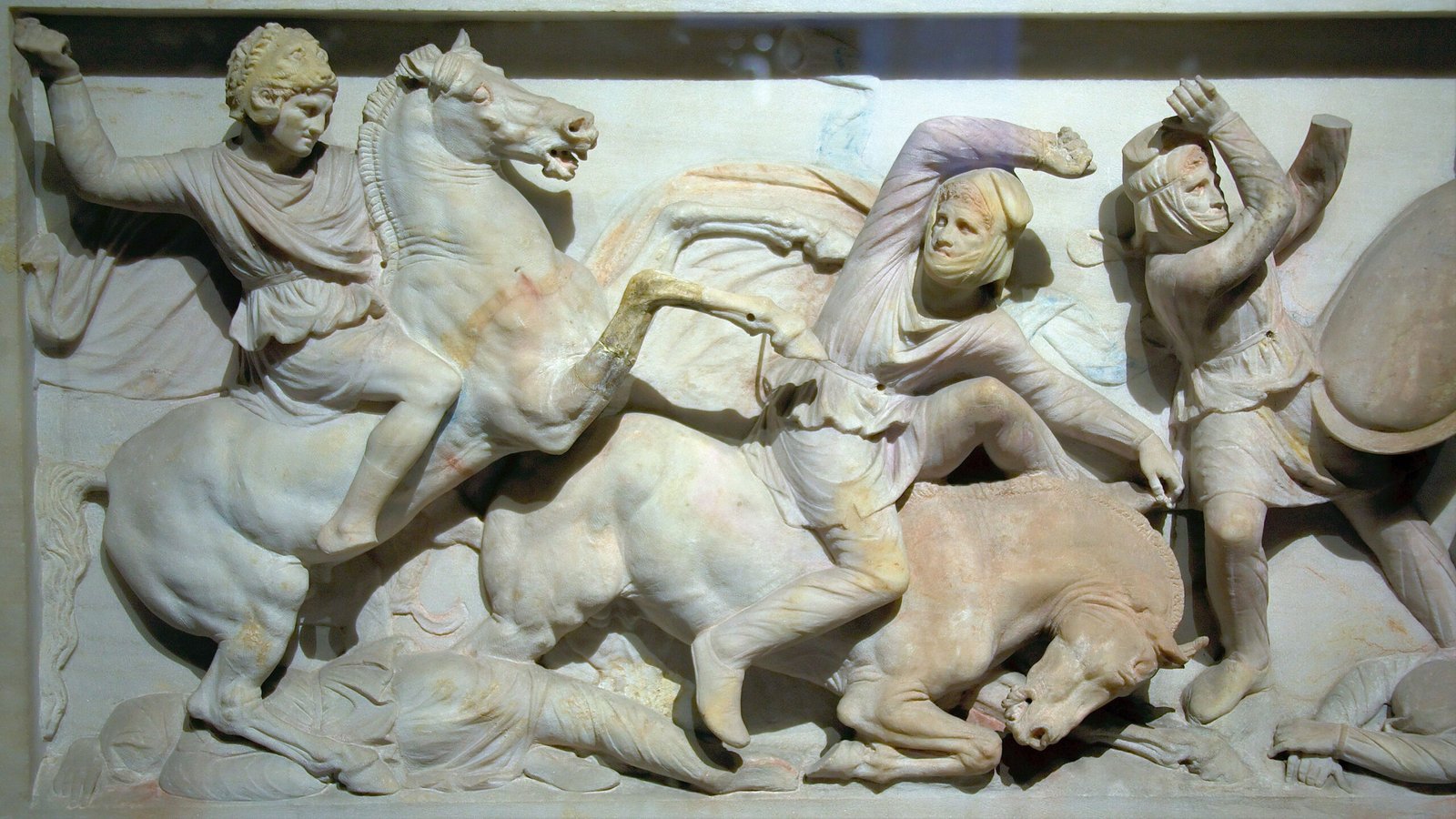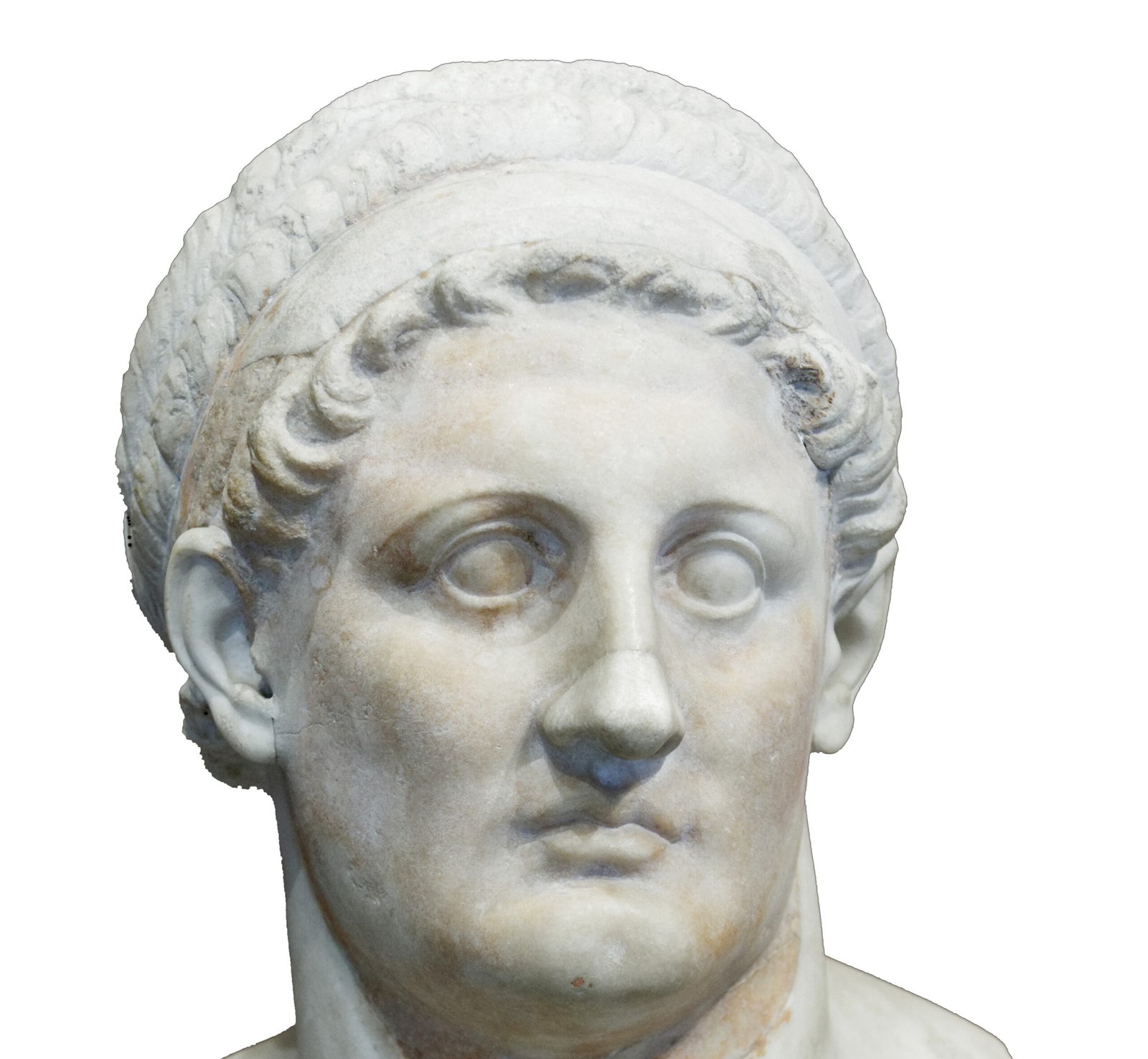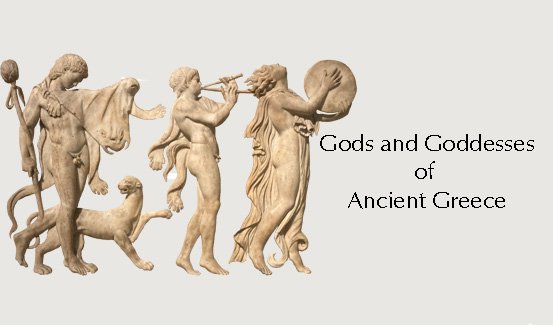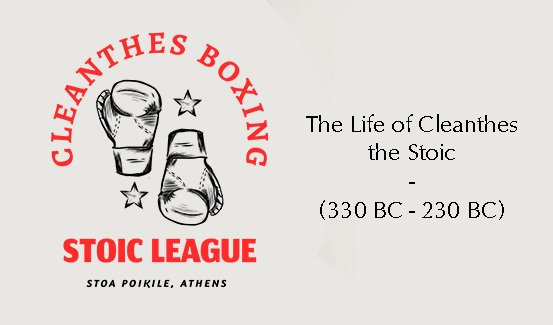Early Life and Ascension to the Throne Cleopatra VII Thea Philopator was born in 69 BC in Alexandria, Egypt, into the illustrious Ptolemaic dynasty, which was established by one of Alexander the Great’s generals. As the daughter of Ptolemy XII Auletes and a member of a family known for its political machinations and alliances with …
More-
The Life of Cleopatra VII Thea Philopator: Queen of the Nile
-
The Life of Alexander the Great: Conquests, Leadership, and Legacy
Early Life and Education Alexander the Great was born in 356 BC in Pella, the capital city of Macedonia. As the son of King Philip II and Queen Olympias, Alexander grew up in a setting that was both regal and turbulent. His father, a brilliant military strategist and ambitious king, invested substantial resources into his …
More -
The Diadochi: A Comprehensive Guide to the Successors of Alexander the Great
Introduction to the Diadochi The term Diadochi refers to the group of military leaders, statesmen, and generals who vied for control over the fragments of Alexander the Great’s empire following his unexpected death in 323 BCE. Alexander’s passing created an immense power vacuum. The vast territories he conquered—including regions stretching from Greece and Egypt to …
More -
The Life of Philip II of Macedon
Introduction to Philip II Philip II of Macedon, born in 382 BCE, emerged as one of ancient history’s pivotal figures, shaping the course of Greek and Macedonian history. As the son of King Amyntas III and Queen Eurydice, Philip inherited the mantle of a kingdom in disarray, marred by internal strife and external threats. His …
More -
The Life of Ptolemy I Soter: Founder of the Ptolemaic Dynasty
Early Life and Rise to Power Ptolemy I Soter was born in 367 BC in Macedon, emerging from relatively humble origins into the annals of history through his remarkable talents and strategic acumen. Raised under the rule of King Philip II, Ptolemy received an education befitting someone among the Macedonian elite. His early years laid …
More -
Gods and Goddesses of Ancient Greece
The Gods and Goddesses of Ancient Greece The Greek pantheon is a complex and diverse system of gods and goddesses that played a central role in ancient Greek religion and mythology. Here is an overview of the major deities in the Greek pantheon: Zeus – King of the GodsZeus is one of the most powerful …
More -
The Life of Cleanthes
The Life of Cleanthes Cleanthes was a Hellenistic philosopher who lived in Athens during the 3rd century BC. He was one of the most significant disciples of the famous philosopher Zeno of Citium, who founded the Stoic school of philosophy. Cleanthes is best known for his contributions to Stoicism, particularly his emphasis on ethics and …
More -
Trophies in Classical Greece and Rome
Trophies in Classical Greece and Rome Greek ‘tropaia’ / Latin ‘trophaea’ – from the Greek ‘trope’ meaning a turning point i.e. the rout of an enemy. Originally a Greek practice of marking the point on a battlefield where the defeat of an enemy took place. The Greek tradition of erecting an enemy suit of armour …
More -
What does Memento Mori mean?
What does Memento Mori mean? What does ‘Memento Mori’ mean? This is Latin phrase which translates as ‘remember that you (have to) die’ or sometimes just ‘remember death’. Memento Mori an important concept in Stoic Philosophy, a school of thought founded by Zeno of Citium in Athens in 301 BC and of prominence in the …
More








